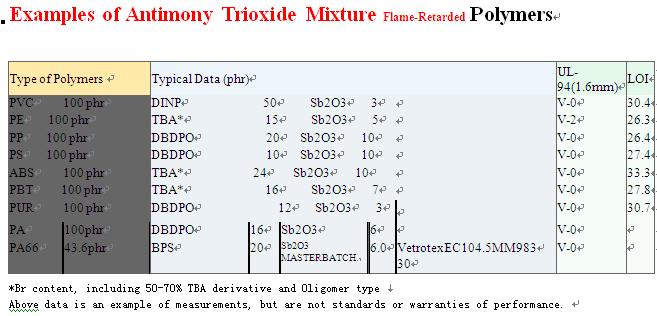HONG KONG: Inflation in China expanded at the fastest pace in a decade last month, the government said Monday, prompting renewed concern about whether price increases would spread more widely in China and abroad.
Government figures showed steeply rising food prices pushed inflation to an annual rate of 5.6 percent last month, pushing the index past its peak of 5.3 percent in July and in August 2004, when Beijing responded by imposing sometimes drastic administrative restrictions to slow what appeared then to be an overheating economy.
Local officials were jailed then for allowing large projects to proceed without central government approval, price controls were introduced for a variety of government services like water and thousands of workers were mobilized for emergency projects to expand the country's overburdened ports.
But Beijing's response to higher prices this year has been more subdued, because the increases have been largely confined so far to food.
The government has gradually pushed up interest rates and raised the proportion of assets that banks must keep as reserves with the central bank, but has refrained from trying to shock the economy into a slower pace of growth through sharp interest rate increases or severe administrative controls.
Today in Business
ECB takes lead role in calming markets
ECB adds more billions into market
Google and Microsoft plan health information ventures
Led by pork and other meats, consumer prices for food were up 15.4 percent in July from a year ago, pinching unskilled workers and other low-income city dwellers, to the alarm of top Chinese officials.
Floods in southern China have hurt crops in this region. Grain prices have been rising globally because more grain is being used for ethanol production and because increasingly affluent people in developing countries are buying more grain-fed livestock and poultry. Large numbers of pigs have been dying from diseases, driving up pork prices.
Prime Minister Wen Jiabao visited the Beijing wholesale food market on Aug. 4 and called for local governments across the country to check on food supply lines from farms and to subsidize poor families to help them afford to keep food on their tables.
"The supply line for daily necessities should not be disrupted," Wen said, according to Xinhua press agency.
The Chinese government is now paying much greater attention to food safety, following scandals like the contaminated pet food that killed cats and dogs in the United States. But experts doubt that the increased emphasis on safety is causing inflation now.
"New food-safety rules may have an indirect, long-term effect on food prices, but have little impact on the price increases we are seeing now," said Jing Ulrich, the chairman of China equities at JPMorgan.
Higher food prices have a silver lining for China's leaders: When prices reflect greater demand for food, as opposed to flood damage or dying pigs, the price increases mean more income for China's 800 million peasants.
President Hu Jintao has made it a top priority to increase farm incomes and reduce income inequality between rural and urban areas; when Wen visited the Beijing market, he was careful to avoid criticizing farmers and did not accuse them of price gouging, although he did caution against hoarding and speculation in general.
The real mystery involves why inflation is largely confined to food. Excluding food, consumer prices were up nine-tenths of a percent last month from a year earlier, roughly the same increase as in June.
Economists are divided and to some extent perplexed by how well inflation has been contained in the rest of the economy. Some predict that prices will start rising soon for a broader range of goods and services, warning that the economy may have reached an unsustainable rate of growth when it expanded 11.9 percent in the second quarter.
By comparison, growth of 9.6 percent in the second quarter of 2004 triggered a broad acceleration of inflation then. Ships had to wait as long as a month to unload supplies of critical industrial commodities like iron ore for steel production, driving up costs that producers then passed on to consumers. Railroads were unable to clear docks of cargo, which piled up at ports like Qingdao.
China has engaged in a frenzy of spending since then on new ports, railroads, highways, pipelines and other infrastructure - so much that some economists contend that the sheer scale of the spending has been wasteful and many unnecessary projects have been completed. But China has avoided so far the inflationary bottlenecks that briefly threatened to overwhelm it in 2004, even as growth has accelerated to a considerably faster pace.
Some economists worry that broader inflation is coming to China but has not arrived yet. They point to a brisk expansion in the money supply last month, and suggest that too much money may be chasing too few goods, soon leading to broader rises in the consumer price index.
**********************
DONGGUAN JIEFU FLAME-RETARDED MATERIALS CO.,LTD
Sam Xu
Tel: 86-755-83474911
Fax: 86-755-83474980
Mobile:13929211059
E-mail: xubiao_1996(at)hotmail.com samjiefu(at)gmail.com
Add: jiefu industrial park shuiping industrail district dalang town dongguan GD,P.R.C
blog:http://antimony-trioxide.blogspot.com
website:http://www.jiefu.com








0 comment:
Post a Comment